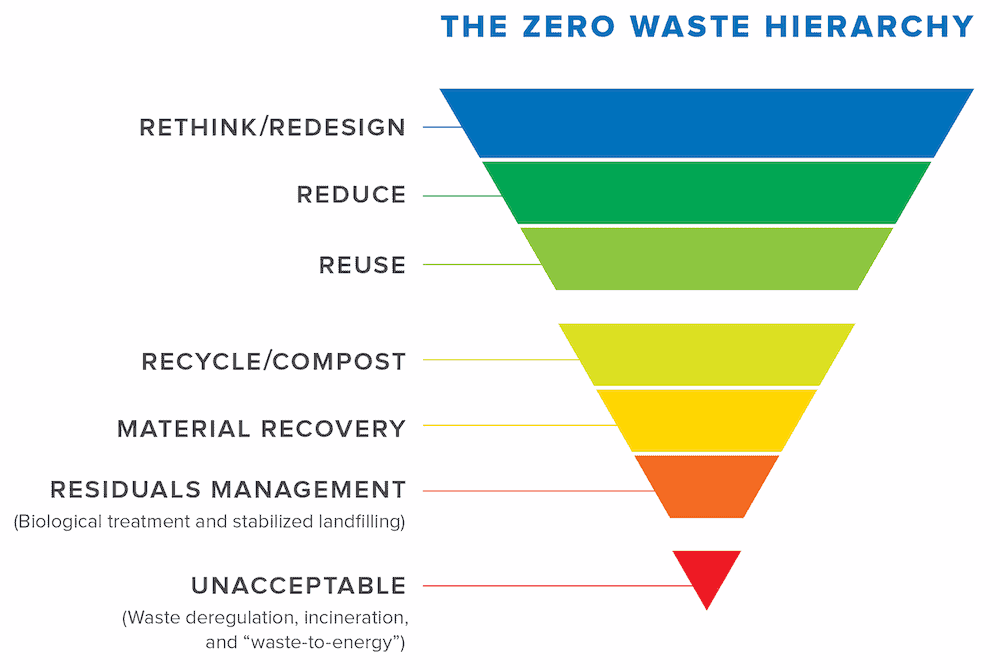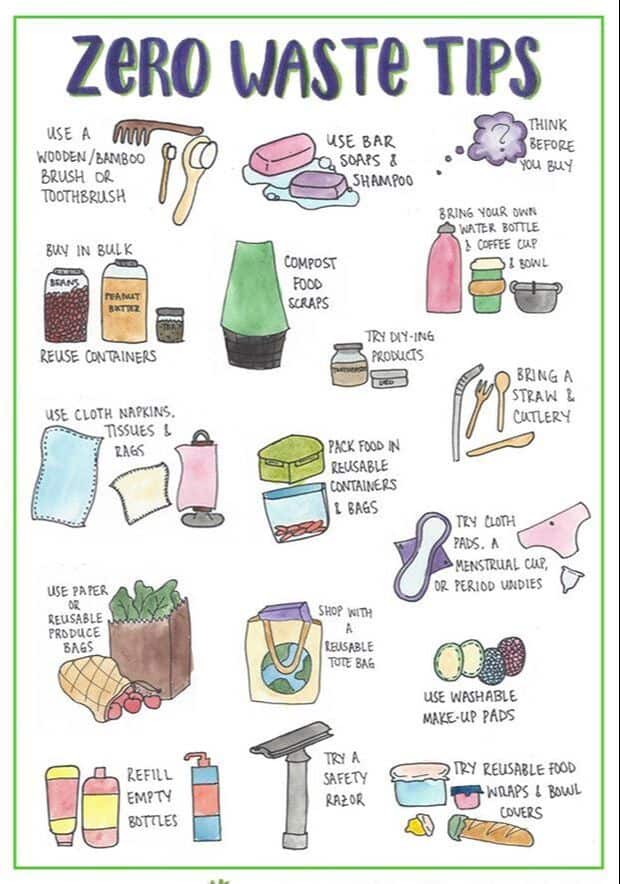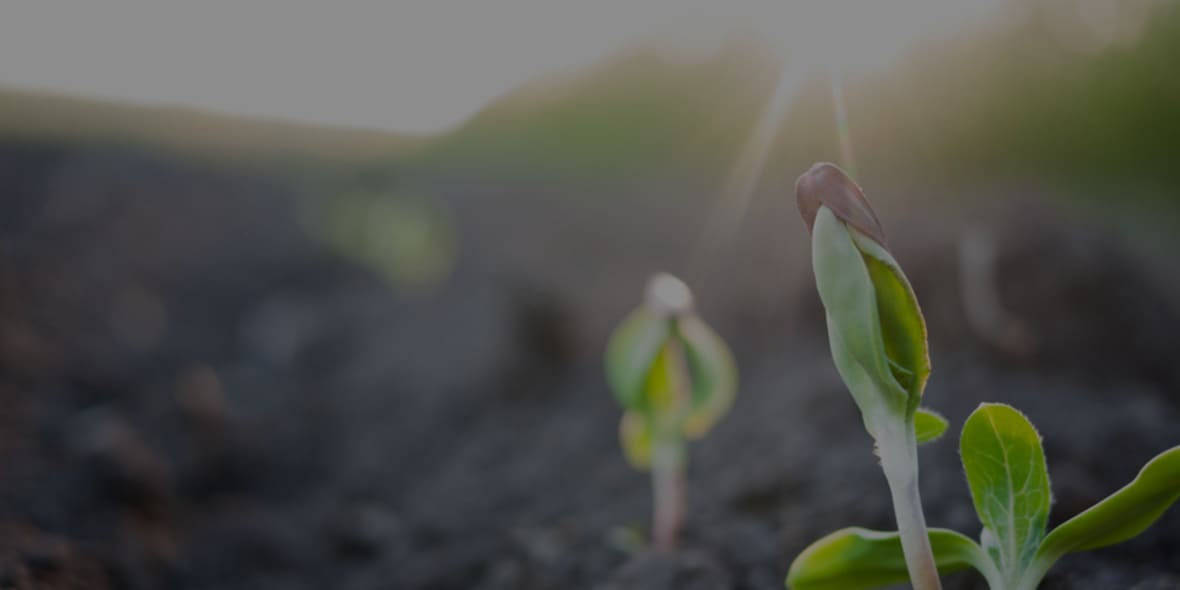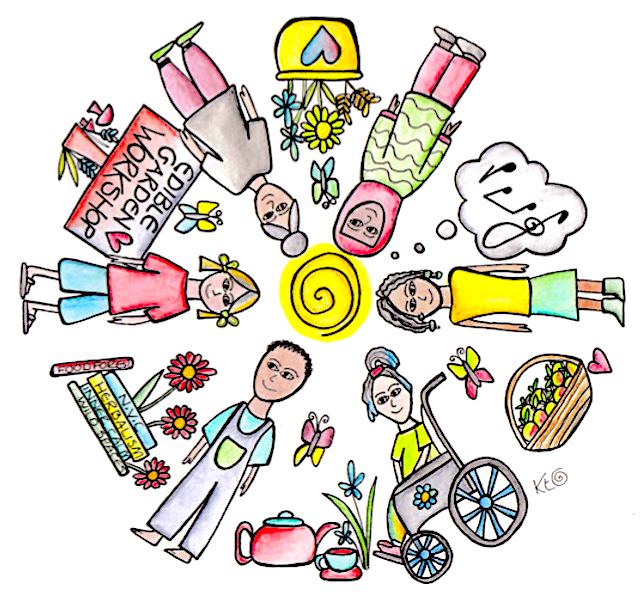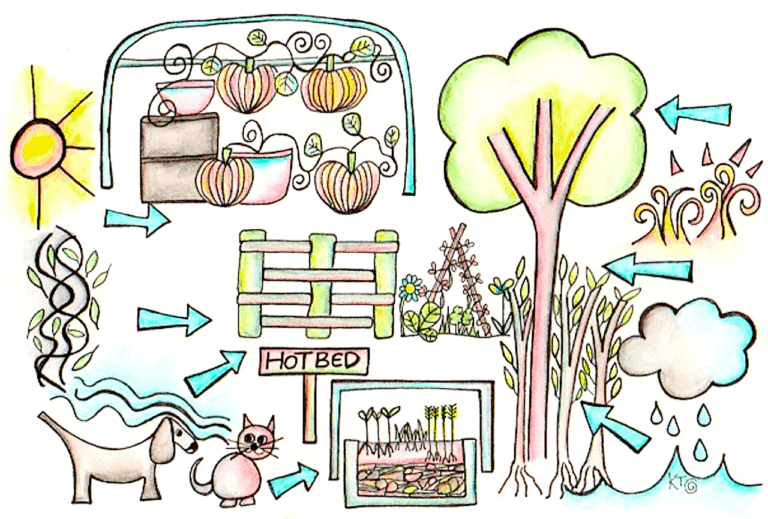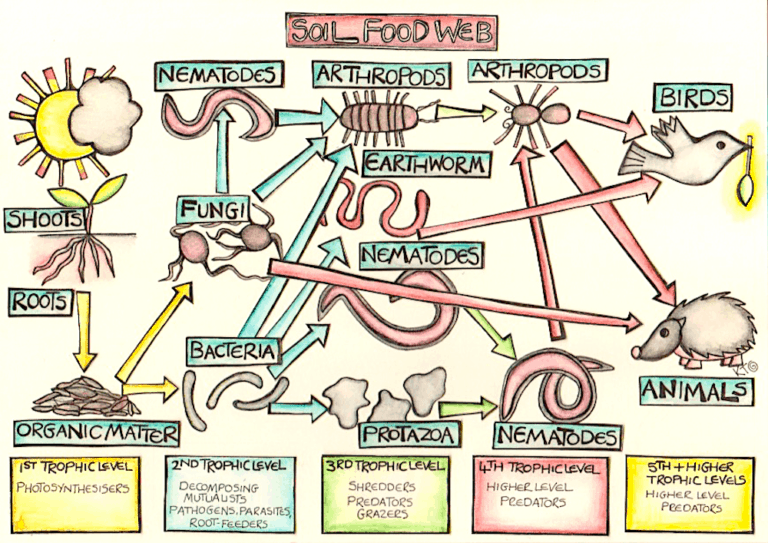
The Zero Waste Permaculture Garden
this section by Mandy Merklein
We love food. Let’s make sure it doesn’t get wasted! Let’s look at how gardening cuts down on waste and ways to eliminate waste while gardening.
By growing your own food, you can cut down immensely on many forms of waste. This is true throughout the whole cycle from seed to plate and back into the garden. What waste can be avoided by simply growing tea herbs and sprouts on a windowsill or in the garden?

Here are just a few ways gardening reduces waste:
- Less or no packaging: Your garden food comes unwrapped.
- Less transport: The closer to the kitchen the better.
- Less energy for refrigeration.
- Repurposing: You can make your own planters, seed trays, and tools. We use toilet paper rolls, egg cartons, cardboard boxes etc. as biodegradable seed pots.
- Make planters on your porch or balcony from recycled pallets, bath tubs etc.
- Less water and solid waste: Industrial agriculture wastes both water and soil at an alarming rate. In our gardens we can protect and build soil with food scraps, and water frugally and effectively.

Here are some more ways to reduce waste in your food system:
- Water-wise gardening. In southern Spain, where I live, water is at a premium. We reduce water use and waste in the garden by selecting seed and tree varieties that are suited to the dry climate, or by growing plants in guilds that provide shade in the summer. We also use buried ollas and unglazed clay pots, made locally with biodegradable materials, that provide water when needed, with no surface runoff or evaporation, and no water wasted.
- Composting. Yard waste is potential compost and mulch materials. Larger biomass such as logs and tree branches can be added to hugelkultur mounds or used to make biochar to add to your compost or garden. What might seem like a problem is really an opportunity to improve and create nutritious soils for our gardens.
- Can’t grow it yourself? Buy local! Like growing at home, it will cut back on wasteful packaging, lower your carbon footprint on transport, and support the local economy by not leaking money outside of the community.
- Eschew packaging. If you buy from a store, avoid waste by buying in bulk and using your own containers and bags. If necessary, choose the least environmentally detrimental packaging. Buy blemished, odd sized or shaped, and very ripe produce to reduce waste load in the landfill and save money.
- Share the harvest. Drawing on the third permaculture ethic, we can cut down on waste and share surplus food. Donating food to neighbors and food banks and sharing meals is an integral part of permaculture. In her book Food Not Lawns, Heather Jo Flores speaks to the art of sharing surplus food within the community. In many communities the unsold food in markets is distributed, sometimes by law, to homeless and other needy communities. This is just a better community design. You can check out your community for surplus food opportunities and community composting programs. If you are adventuresome, keep an eye on the dumpsters!
- Compost other people’s waste. Food scraps from restaurants and community events can be brought home and incorporated back into your own garden soil. You can also feed food scraps to your chickens and pigs for a return of manure for composting, eggs, good company, and if you eat meat, that too. A Bokashi system allows you to convert cooked food waste into a soil enhancement (through an anaerobic fermentation process) that can include meat and cooked food, and provide you with useful fertilizer for your plants.
- Save your seeds. By growing, saving and exchanging seeds we can help stop the loss of food biodiversity and build local resilience. In her book, Seed Sovereignty, Food Security: Women in the Vanguard of the Fight against GMOs and Corporate Agriculture, Vandana Shiva shares stories of women saving seed around the world. We eliminate food waste through the whole cycle from seed, to plant, to plate and back to compost and seed.

Want to learn more about this and other topics related to permaculture, sustainability, and whole-systems design? We offer a range of FREE (donations optional) online courses!
Relevant Links and Resources
Zero Waste and the Art of Living Off-Grid
